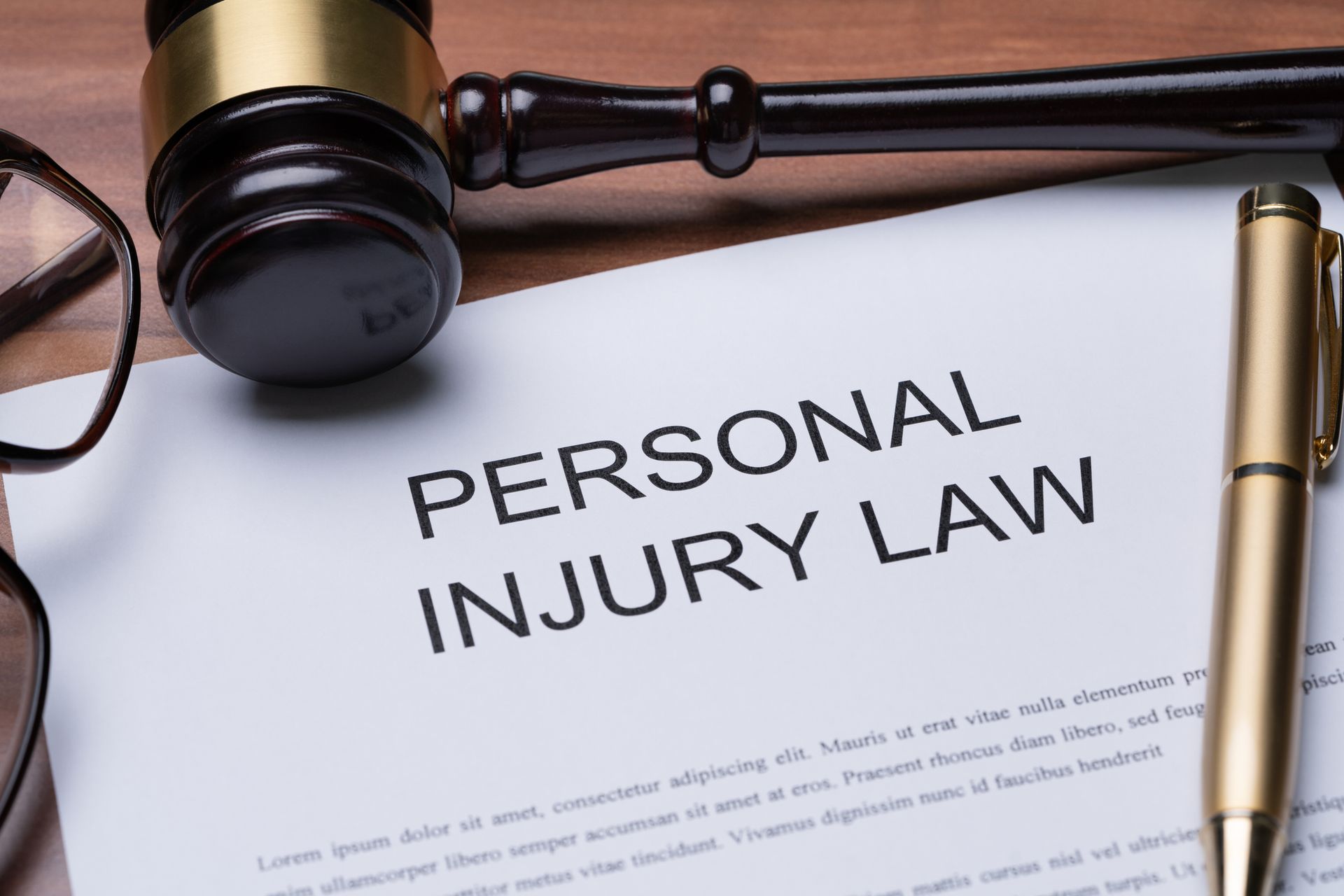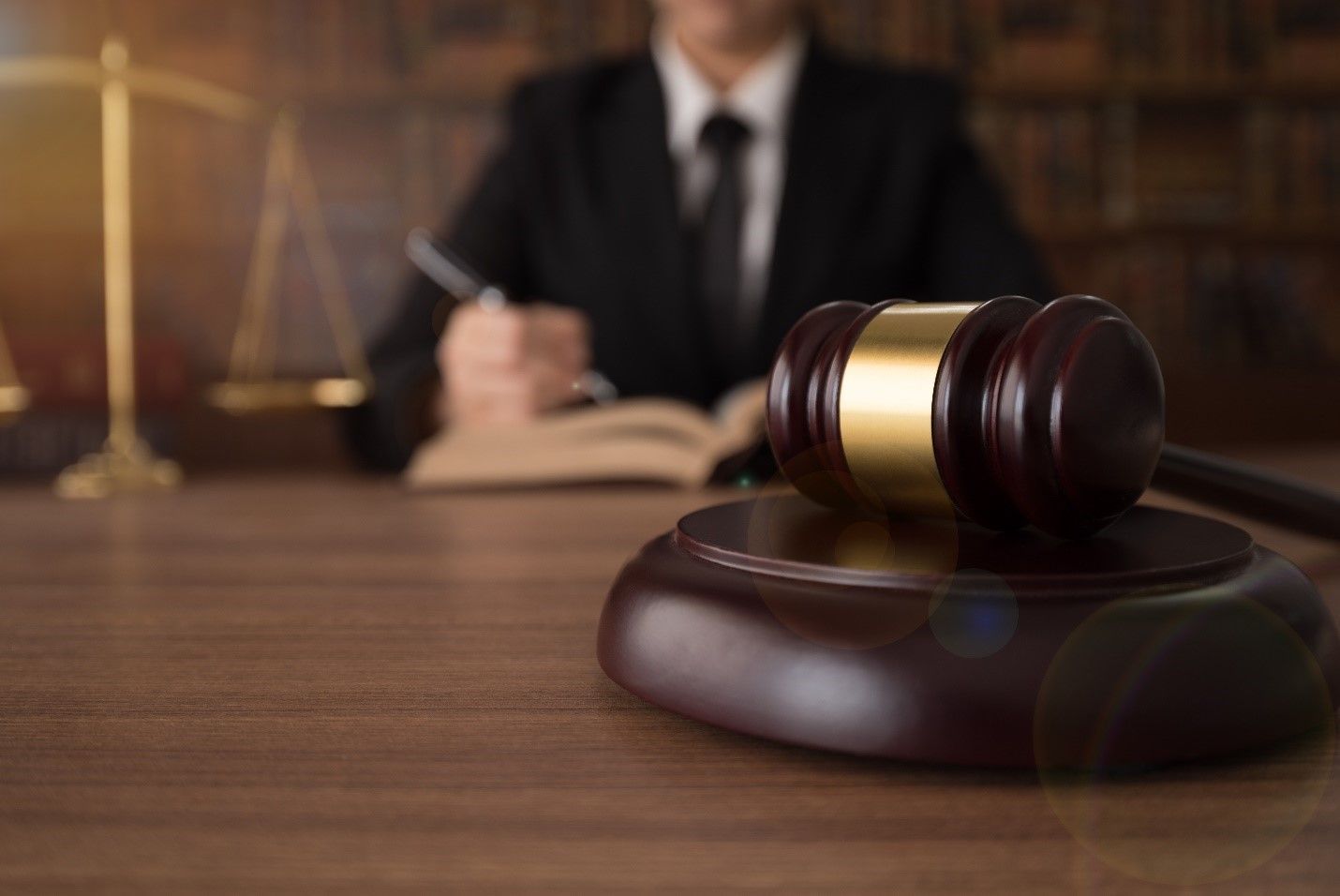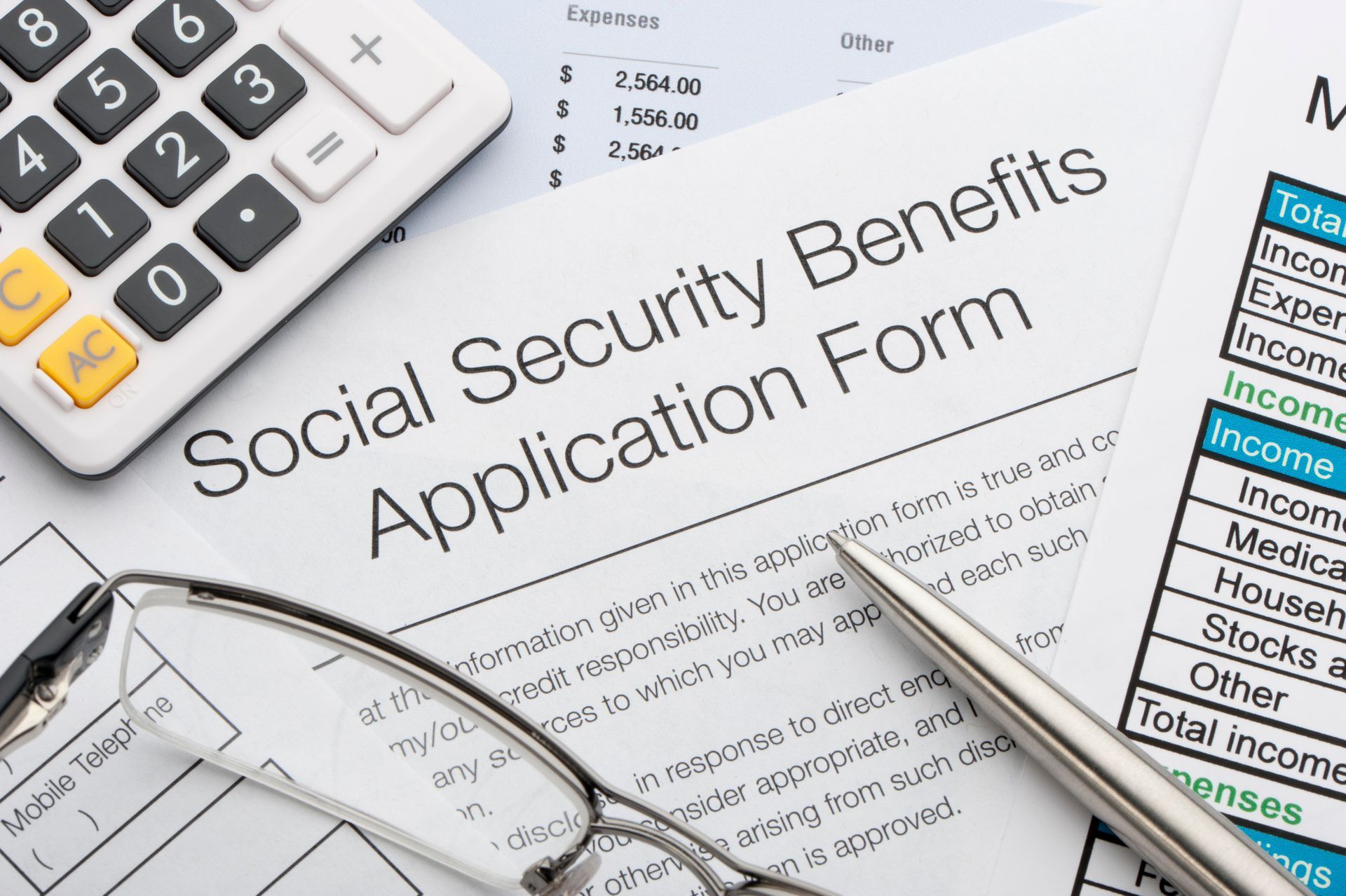Post Title
Premise liability refers to a property owner's responsibility to keep their premises safe for visitors. Therefore, the property owner becomes liable for the injuries anyone sustains on their property due to neglected conditions.
As the affected party, you might wonder what conditions constitute negligence and can open up a possibility of a premise liability suit. Here are a few indicators to help you decide if your personal injury case can proceed against a property owner.
Negligent Security
Negligent security concerns any situation in which an institution or personal proprietor failed to take precautions that could prevent the occurrence of harm from aggressive behavior. Negligent security can constitute a premises liability case if the property owner knew or should have known about any harmful persons or incidents on the property and failed to remedy the situation.
These situations can include negligent security protocols like improper security procedures or inadequate security staff after a violent event.
In these cases, the business or entity is generally responsible for any damage that results from its failure to provide adequate security. For example, if there is a history of violence at a bar, and the owner does not take steps to increase safety, such as hiring additional security guards or installing metal detectors, they may be liable if a patron injures themselves in a fight.
Inadequate Maintenance and Dangerous Conditions
Landowners must take all precautionary measures to avoid or prevent any hazardous situation that might develop on their property. This condition is especially important if any residents or third parties plan to use or visit the premises and their presence places them in contact with dangerous conditions or they receive injuries due to inadequate maintenance.
Inadequate Maintenance
Inadequate maintenance is a premise liability case when there is a defect in the property's condition, but the owner did not take any action to correct it before it could cause someone to get injured. In this case, the property owner is at fault for failing to maintain the property properly. The owner may be liable for damages if they knew or should have known of an unsafe condition and did not correct it.
For example, a regular jogger might notice their frequent route becoming slippery because a landowner's water drainage system became clogged and the owner hasn’t made any noticeable fix to remove the clog. If the jogger slips and falls and the owner had prior knowledge that water leakage caused a hazardous condition, they would be liable.
A landowner must maintain the best condition of their premises as fiscally possible to prevent any harm to residents, visitors, or passersby. Additionally, the proprietor must respond to any complaints about potential hazards like damaged wires, leaking sewers, or mold growth. The owner should provide prior notice or install warning signs for any renovation, construction, or demolition within the premises that might cause any accidents.
Dangerous Conditions
Dangerous conditions exist when there is a foreseeable risk of harm to others. Dangerous conditions include structures that can cause significant physical damage or expose anyone to hazardous organic and inorganic substances. Such facilities include water, sewage, electrical, and gas lines.
Water and sewage lines could flow into adjacent houses, cause moisture damage, or expose residents to waterborne diseases like cholera and typhoid. Damaged and exposed gas and electrical infrastructure can create a fire hazard that risks life and property loss.
If a visitor gets injured on another person's property, they can file a personal injury claim against the landowner or occupant. However, the injured party must prove that the landowner or occupant was negligent in their duty to keep the premises safe. As the plaintiff, you can use the abovementioned conditions to determine if your claim will succeed.
If you would like legal assistance with a premise liability case, contact usat The Law Offices of James B. Gillespie, Jr., PLLC, if you reside within Southeastern North Carolina.





